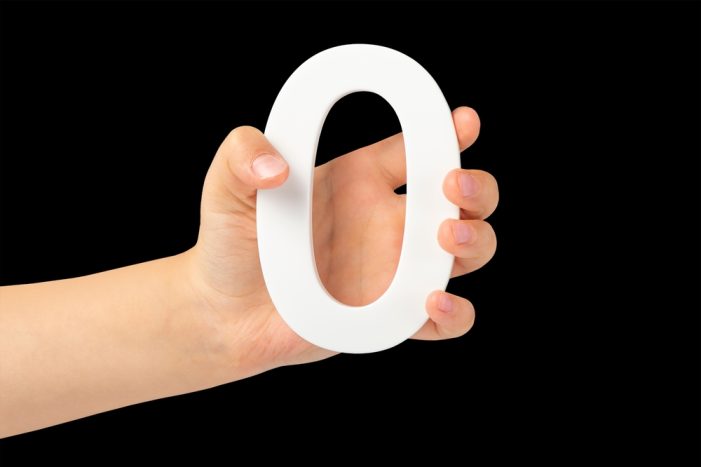By: Brian Figeroux, Esq.
We all learned in school that zero is a number. You can count to it, add it, subtract it, multiply by it, and even use it to calculate your bank account balance. But some people have asked a deeper, more thought-provoking question:
If zero means nothing, how can it be something? Is it really a number—or just a useful lie?
Let’s unpack this from two different lenses: how mathematics defines zero and what zero might really mean in the real world.
Zero in Mathematics: The Useful Tool
In the world of math, zero is treated as a full-fledged number. Here’s how it functions:
- It’s the starting point on the number line.
- It’s the additive identity: any number plus zero stays the same (7 + 0 = 7).
- It’s a placeholder in our numbering system: 205 means something very different than 25.
- It’s the result of subtraction when two equal numbers cancel each other out (5 − 5 = 0).
Cultures like the ancient Babylonians and Indians helped develop this concept. The Indian mathematician Brahmagupta wrote rules for zero as early as the 7th century. Since then, math has relied on it for everything from accounting to rocket science.
So according to the rules of math, zero is not only a number—it’s a foundational one.
Zero in Philosophy: The Symbol of Absence
But now let’s shift gears.
What if we ask: Is zero something you can actually experience?
- You can see three apples on a table.
- You can see no apples, but you don’t see “zero apples”—you just see nothing.
- So does zero exist in reality, or is it a label we made up?
This is a philosophical question, and many thinkers have asked it. If zero just represents nothing, then maybe it’s not a number at all—just a symbol, like a road sign pointing to emptiness. In that sense, calling zero a “number” might be like calling a shadow a thing—when really, it’s the absence of something else.
Why Both Views Matter
Zero works in math. It lets us solve problems, balance equations, and explain the world. But in philosophy, zero challenges us to question how we define “existence.” Can nothing be something? Can the absence of value still hold meaning?
So, is zero a number?
- Mathematically: Yes. It behaves like one, follows the rules, and has a place in every calculator on earth.
- Philosophically: Maybe not. It may just be our way of labeling something that isn’t there.
Final Thought
In the end, zero may not exist as a “thing”, but it gives us the power to measure, define, and think about the absence of things. Whether you see it as a number or a symbol, zero reminds us that even nothing can change everything.

